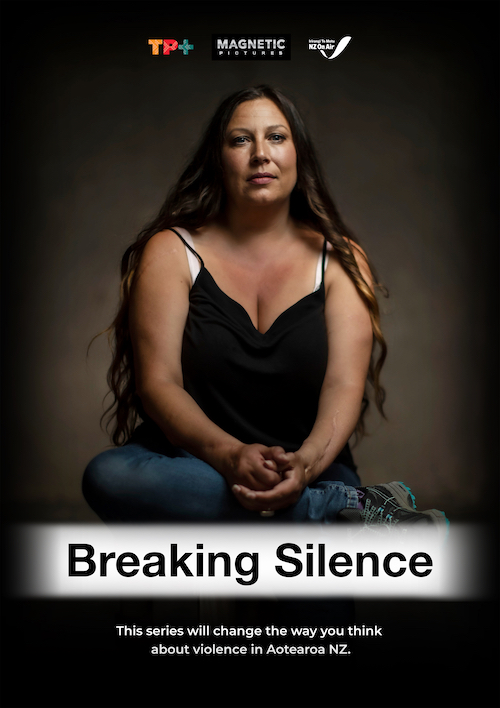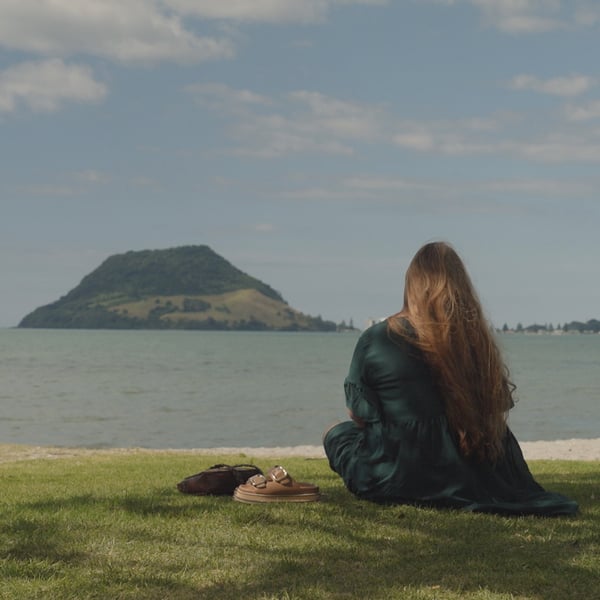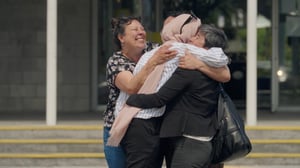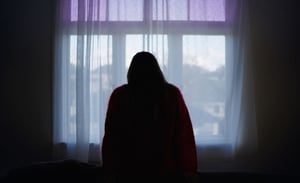BREAKING SILENCE
Suzi shares her remarkable story, from lived experience to working with users of violence, in a bid to get them the help they need so
Hamie was abused as a child. This abuse fuelled anger and an attempted suicide. Hamie now works for an organisation dedicated to supporting abuse survivors
Hina was born in Pakistan and raised in a loving family where she and her brother were treated equally. However, an arranged marriage gone wrong
Leanne discovers she has a brain tumour. At her weakest and most vulnerable, with her family far away in New Zealand, Leanne meets an abusive
This episode investigates the systemic failings of the Family Court for New Zealanders in the context of women and children fleeing a violent partner. Lives
Breaking Silence speaks for Trinity in this new series episode. Trinity was just 16 when her life was violently taken at the Manurewa train station
Debbs Murray has trained over 3,000 frontline workers. She is a family violence practitioner with her own powerful story of lived experience. Debbs describes why
The Hague Convention can fail women and their children in the context of violence. We share the stories of Sammie and Lydia and their forming
Simonne Butler shares critical insights into the relationship that changed her life forever. A relationship that converged on one fateful night where she nearly lost
On average NZ police attend a family violence incident every five and a half minutes. Jude works at the Royal New Zealand Police college. The
An estimated 15 percent of stalking cases worldwide result in homicide. Tina was stalked by her ex-husband for over 3 years.
Over half a million people are directly affected by family violence in New Zealand each year. For many violence is handed from generation to generation.
People who are part of the Rainbow community are more than twice as likely to experience partner violence than their straight counterparts.
On average, nine women are killed by their partner or ex-partner in New Zealand every year.
In 2003 Simonne Butler survived an horrific attack at the hands of her abusive partner. In this episode Simonne shares her story and insights on
In 2009 David White’s daughter, Helen, was shot dead by her multi millionaire husband, Greg Meads. Now a campaigner against domestic abuse, David regularly holds
Can the sport of boxing help domestic abuse survivors regain their self respect? Daniella Smith, a former world champion boxer, believes so.
Can abusive men change their behaviour? Simonne meets Jeremy Eparaima, a reformed abuser to find out. Jeremy was a serial abuser until his mid 40s.
Simonne interviews Farida to understand the issues that women in migrant communities face; such as forced marriage, the impact of shaming and silence, the pressures
Breaking Silence is the first series in Aotearoa New Zealand that confronts our nation’s greatest issue. We have the highest rate of domestic violence per capita in the developed world.
Breaking Silence brings together many voices to speak one truth: violence is never ok.
Every person in Aotearoa New Zealand has the right to live free from violence, regardless of economic status, ethnicity, pronouns, or country of origin. While we may consider this a basic human right, many New Zealanders are stripped of it each year. In the coming months, at least 15 people in New Zealand will be killed by domestic violence.
Only by breaking the silence can we raise awareness, foster understanding, cultivate empathy and begin to shift the minds and hearts of those who choose to use violence.
This compelling fourth season of Breaking Silence is diverse, informative, provocative and challenging. It unapologetically calls for change in our homes, in our communities and through government legislation to protect those who need it most.
FAQ's
Breaking Silence is a TP Plus series sharing real stories from survivors of domestic abuse in Aotearoa. It raises awareness, challenges harmful attitudes, and encourages action.
Abuse often goes unspoken, allowing it to continue. By sharing survivor experiences, we help break the stigma, educate communities, and encourage support for those affected.
Listening without judgement, believing survivors, and knowing where to seek help are key steps. You can also support organisations working to prevent domestic abuse.
While we share survivor stories, we don’t offer direct services. If you or someone you know needs help, check out our resource list for organisations that can assist.
If you have a story to share, we’d love to hear from you. Head to our Contact Us page to reach out in confidence.

Stay Connected
Subscribe to our mailing list to receive daily updates direct to your inbox!
*we hate spam as much as you do





























